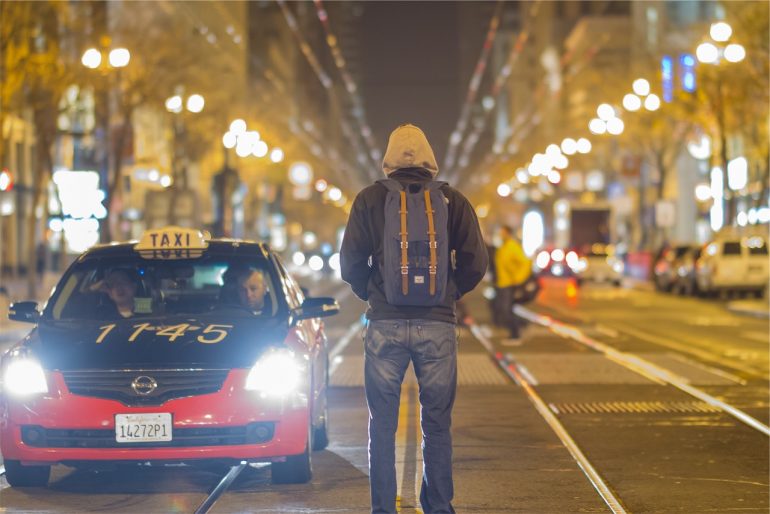No one wants to fall victim to a scam while on holiday or travelling abroad. And yet so many of us do. Regardless of where you go, tourist traps will always be hotspots for scammers and con artists alike – you just with have to know how to deal them. According to a survey conducted by Hoppa, 61% of UK adults have fallen for a taxi scam at some point, showing just how many people have been fooled abroad.
Scams can happen anywhere
We may be covering scams overseas, but it’s important to note they can happen a lot closer to home. In fact, London has been named one of the worst European destinations for online scams and pickpockets.
Ranking highest on the list were France, especially around the Parisian tourist hotspots, and Spain, which has its own reputation for street thieves and pickpockets. No matter where you are, home or away, it’s always worth keeping your guard up to any potential wrongdoers.
What holiday scams do Brits fall for the most?
There’s no denying it, Brits abroad are quite easy to spot. This makes travellers more vulnerable to locals looking to make a quick buck.
Hoppa’s survey revealed that one of the most common taxi scams is drivers taking extended routes to charge more, which has caught 31% of people off guard. Other drivers have tricked customers by offering a higher fixed price than normal (20%) and pretending the meter is broken to charge the price they want (14%).
It appears that with age comes wisdom, as younger holidayers reported to have fallen victim to scams significantly more than older people. Nearly 80% of 18-24-year-olds have found themselves caught up in a taxi swindle, while just 35% of people aged 65+ have done the same.
Another common scam includes handing back counterfeit money or a different currency, hoping tourists won’t notice. Younger travellers are more susceptible to this as well, with 13% experiencing it compared to just 7% of all respondents.
How to avoid scams while abroad
Taxi drivers, pickpockets and pushy street vendors – a variety of scammers and thieves target tourists on holiday. To stay safe and secure, here are a few tips you can apply to wherever you’re heading.
Stay vigilant
Everyone is on holiday to let their hair down, but you don’t want to be too relaxed in public spaces because these are where you’re most vulnerable.
When you’re out and about for a day trip or visiting local attractions, be wary of suspicious individuals around you. Keep any bags zipped up and phones, purses and keys securely stashed away.
Be particularly cautious in crowded, tightly packed areas because you’re less likely to spot someone getting close to you for the wrong reasons. Pickpockets only need a split second to lift something from your wrist, bag or pockets, so don’t give them the opportunity.
Know the currency
Many tourists are victims of counterfeit money which is passed back as change when you buy goods from a shop or eat at a restaurant.
They’re hoping you won’t know the difference, but if you do, you’ll be much more able to spot it. Take a bit of time to learn the features of real currency and, critically, common signs of fake notes.
Try to learn the language
You probably won’t be able to learn a full language before your trip, but understanding a few words can help you pick up certain things going on around you.
Whether someone is talking to you or another person, picking out key words and phrases may allow you to gauge someone’s purpose and intentions. A little pocket dictionary is always useful for whatever country you’re travelling to.
Check what you buy
After you’ve bought something, it’s always worth checking how much you’ve paid and what you’ve purchased.
Asking for a receipt should allow you to see exactly what has been charged and you can use this to compare the prices you were expecting. This is more common in restaurants and cafes, but shops can try this trick as well.
Book transport in advance
As we’ve discussed, taxi scams are some of the most common targeting tourists. Drivers tend to use a lack of knowledge of the local area to take advantage and get as much money from you as possible.
Choosing to book an airport taxi ahead of time can help ensure you don’t pay more than you need to. You’ll also be able to relax more without the stress of having to find transportation on short notice.
Unfortunately scams are a common threat to tourists around the world, but taking the necessary precautions can help you avoid the worst of them. Stay vigilant and always question someone’s intentions if you don’t know them. Happy and safe travels!





